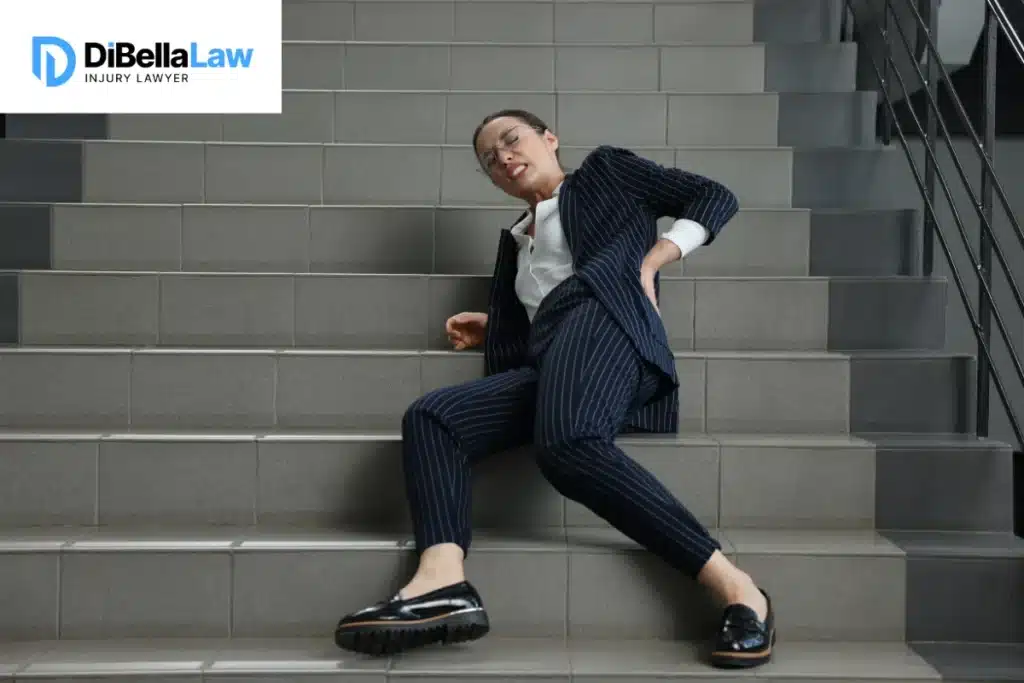During the holiday season, the winter weather creates possibly dangerous surface conditions. Snow and ice can make sidewalks, parking lots, entryways, and flights of stairs potential settings for injuries. Those who own, control, or possess property can be subjected to civil liability when other parties are harmed within their property. This liability can apply to an owner of uninhabited land, to residential property owners, as well as businesses. In Massachusetts, such cases are heard by the District Courts if the monetary damages are unlikely to exceed $25,000, or the Superior Courts if likely to exceed that threshold.
General Negligence Principles
For a plaintiff to determine that another party is negligent, they must establish:
- That the plaintiff was owed some duty of care by the defendant.
- That this duty was breached by the defendant.
- That the plaintiff incurred damages.
- The damages to the plaintiff were a result of the defendant’s actions or inactions.
For example, a retail store has a duty to maintain the premises of the business in a manner that demonstrates reasonable care and safety for customers. If an unsafe condition exists, store management has responsibility to warn customers. A defendant has a duty to recognize feasible dangers which could exist as well.
Contributory Negligence
A plaintiff may be determined to have “contributed” to their own damages to some percentage or degree. For example, suppose it is determined that the defendant was 80% at fault for the accident, and the plaintiff was 20% responsible. In this instance, the award for damages that the plaintiff receives would be reduced by 20%. The plaintiff may collect an award up to the point where their proportion of negligence exceeds that of the defendant.
Slip & Fall Situations
In retail store slip and fall cases, an injured plaintiff must prove that the defendant failed to employ reasonable care in the situation. The plaintiff must prove that a substance on the store floor caused the accident. Further, that the store operator was aware of it, or that the substance was present on the floor for a long enough period to assume they should have been aware of it.
Snow & Ice Related
Prior to 2010, Massachusetts law did not hold property owners liable for natural accumulations of snow and ice in injury cases. The court believed that natural accumulations were not an actionable defect of the property. In 2010 the Supreme Judicial Court removed the differentiation between natural and unnatural collection of snow and ice on one’s property. Instead, the property owner has a duty to maintain the premises in a reasonably safe condition. This duty of providing care doesn’t make the owner a property “insurer.” In determining what is considered reasonable, the circumstances of the situation will be considered; for example, considering the likelihood of a pedestrian to walk through the property, the level or risk involved, and the cost of removal. The owner is not liable in situations where the danger is “open and obvious” to those on the premises.
Have you been injured while on the property of another party resulting from the owner’s negligence or carelessness? Massachusetts law allows for injury victim to seek financial compensation for damages in cases of civil premises liability. The experienced Boston premises liability lawyer at The DiBella Law Injury and Accident Lawyers has been standing up for the rights of injury victims for many years. Give them a call today at (978) 396-2464 to discuss your case.
